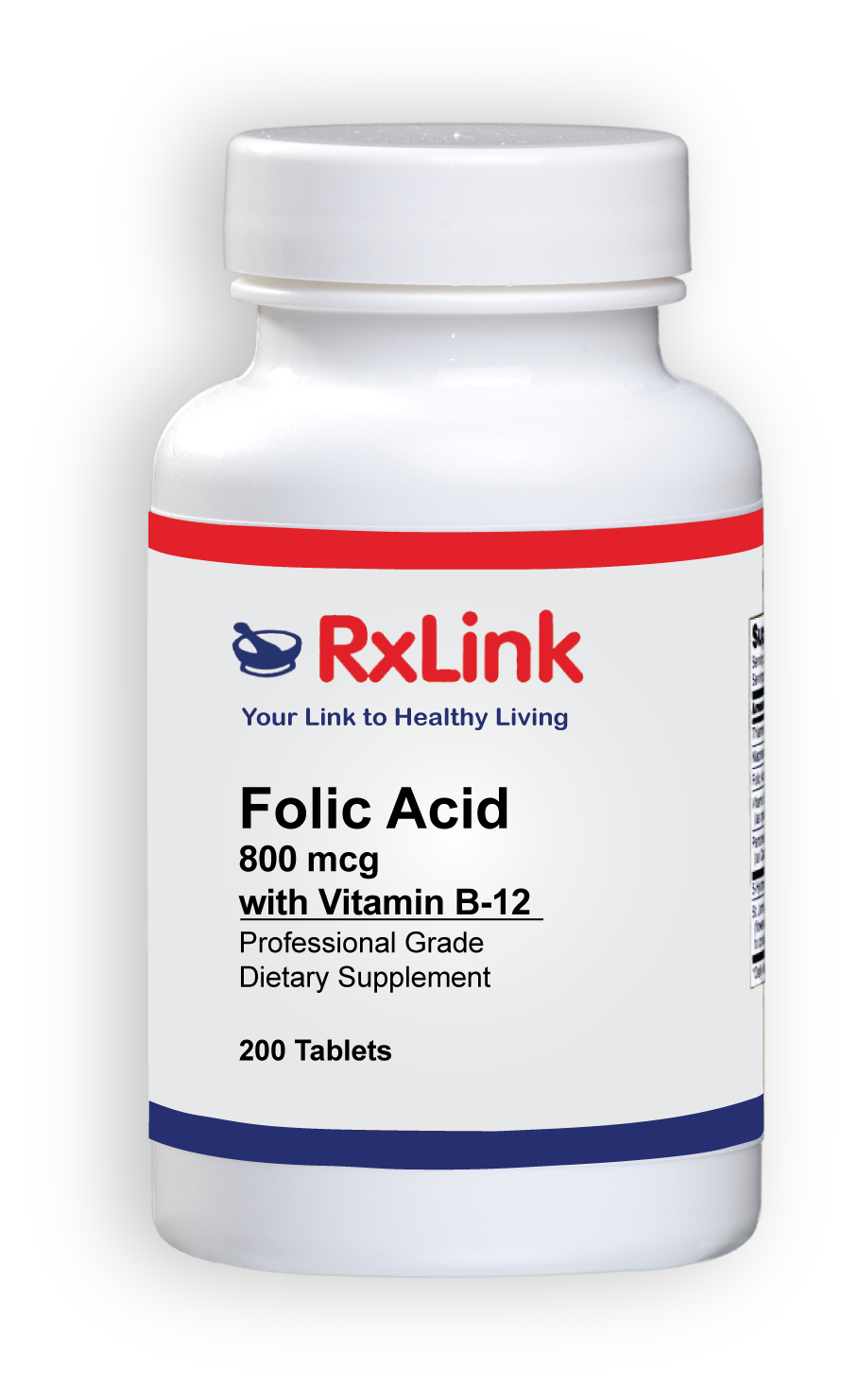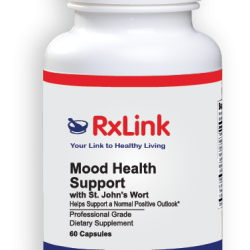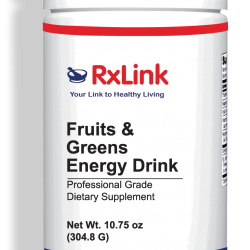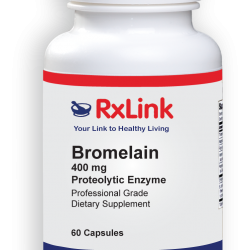Description
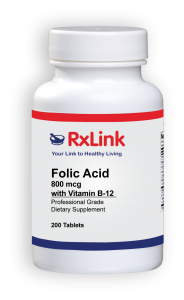
DESCRIPTION RxLink Folic Acid 800 mcg supplies 200% of the recommended dietary intake for folic acid in an easy to swallow tablet.
FUNCTIONS Folic acid is a water-soluble essential B vitamin found in many foods, including leafy green vegetables, citrus fruits, and beans. Research has established that supplementation with folic acid before and during the first two months of pregnancy can prevent neural tube defects in developing fetuses in women. The U.S. Public Health Service has recommended that women of childbearing age take a supplement containing 400 mcg of folic acid every day to reduce the risk of a pregnancy affected by neural tube defects.
In addition to its prevention of serious birth defects, folic acid plays a key role in the metabolism of homocysteine. Homocysteine is a sulfur containing amino acid that is created in the body from methionine, an essential amino acid derived solely from dietary intake. High plasma levels of homocysteine appear to injure the vasculature, impairing the functional abilities of endothelial and smooth muscle cells. Elevated homocysteine also appears to be thrombogenic. Suboptimal intake of several B vitamins, including folic acid, in addition to renal failure and genetic defects in homocysteine metabolism, can all contribute to abnormal homocysteine levels. INDICATIONS RxLink Folic Acid 800 mcg may be a useful dietary supplement for individuals wishing to supplement their diet with this essential vitamin.
FORMULA (RxLink10063) 1 Tablet Contains:
Folic Acid ……………………………….800 mcg
Vitamin B-12 ……………………………….25 mcg (as cyanocobalamin)
Other Ingredients: Dicalcium Phosphate, cellulose, vegetable stearin, cellulose gum, magnesium stearate, and silica.
This product contains NO sugar, salt, dairy, yeast, wheat, corn, soy, preservatives, artificial colors or flavors. SUGGESTED USE As a dietary supplement, adults take 1 tablet daily with meals, or as directed by a healthcare professional.
SIDE EFFECTS No adverse effects have been reported. STORAGE Store in a cool, dry place, away from direct light. Keep out of reach of children.
REFERENCES Abby SL, Harris IM, Harris KM. Homocysteine and cardiovascular disease. J Am Board Fam Pract 1998;11:391-8. Aronow WS, Ahn C. Association between plasma homocysteine and peripheral arterial disease in older persons. Coron Artery Dis 1998;9:49-50. JG, Eskes TK, Steegers-Theunissen RP. Low-dose folic acid supplementation decreases plasma homocysteine concentrations: a randomized trial. Am J Clin Nutr 1999;69:99-104. den Heijer M, Brouwer IA, Bos GM, Blom HJ, van der Put NM, Spaans AP, Rosendaal FR, Thomas CM, Haak HL, Wijermans PW, Gerrits WB. Vitamin supplementation reduces blood homocysteine levels: a controlled trial in patients with venous thrombosis and healthy volunteers. Arterioscler Thromb Vasc Biol 1998;18:356-61. Giles WH, Kittner SJ, Anda RF, Croft JB, Casper ML. Serum folate and risk for ischemic stroke. First National Health and Nutrition Examination Survey epidemiologic follow-up study. Stroke 1995;26:1166-70. Green R, Miller JW. Folate deficiency beyond megaloblastic anemia: hyperhomocysteinemia and other manifestations of dysfunctional folate status.

